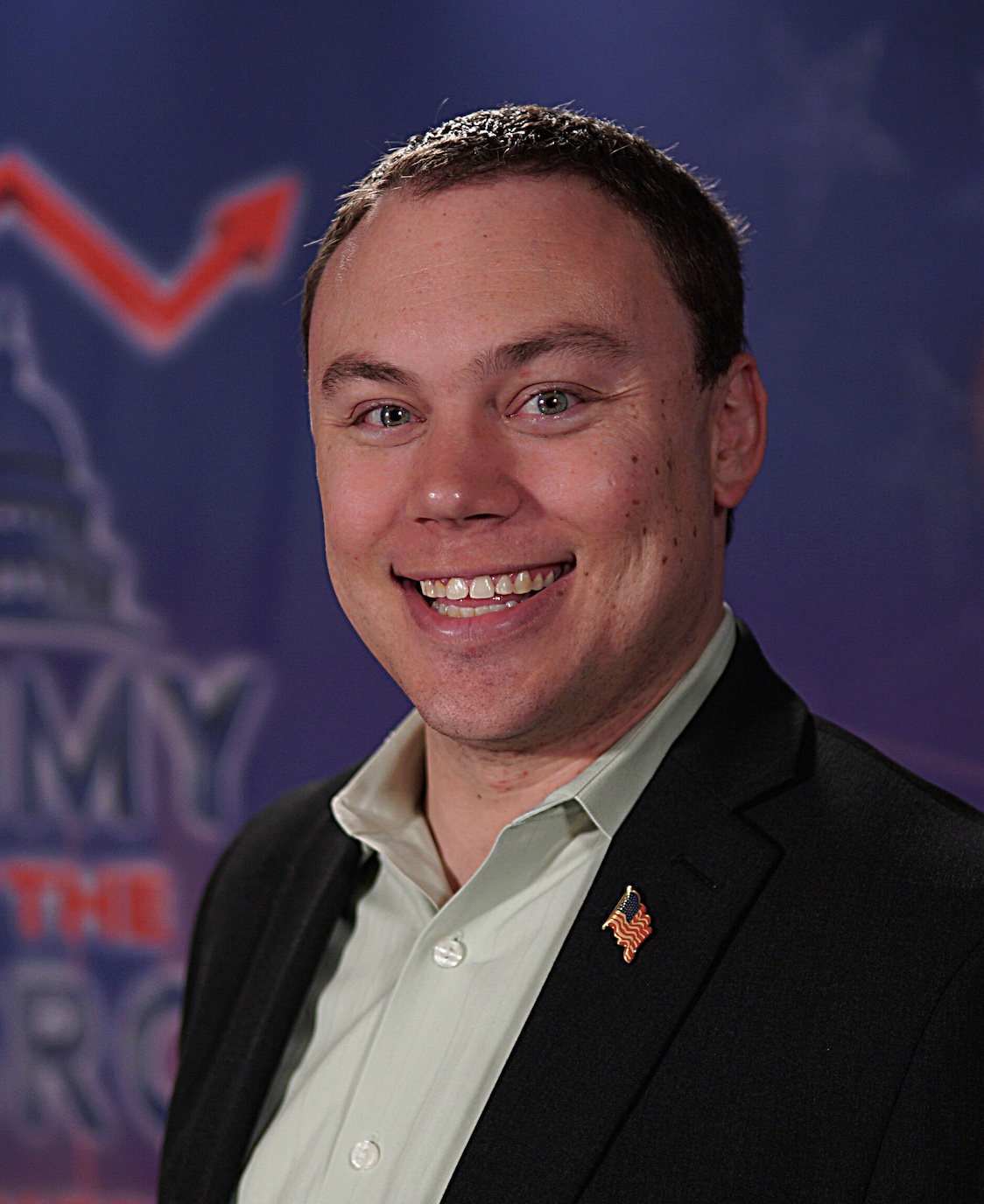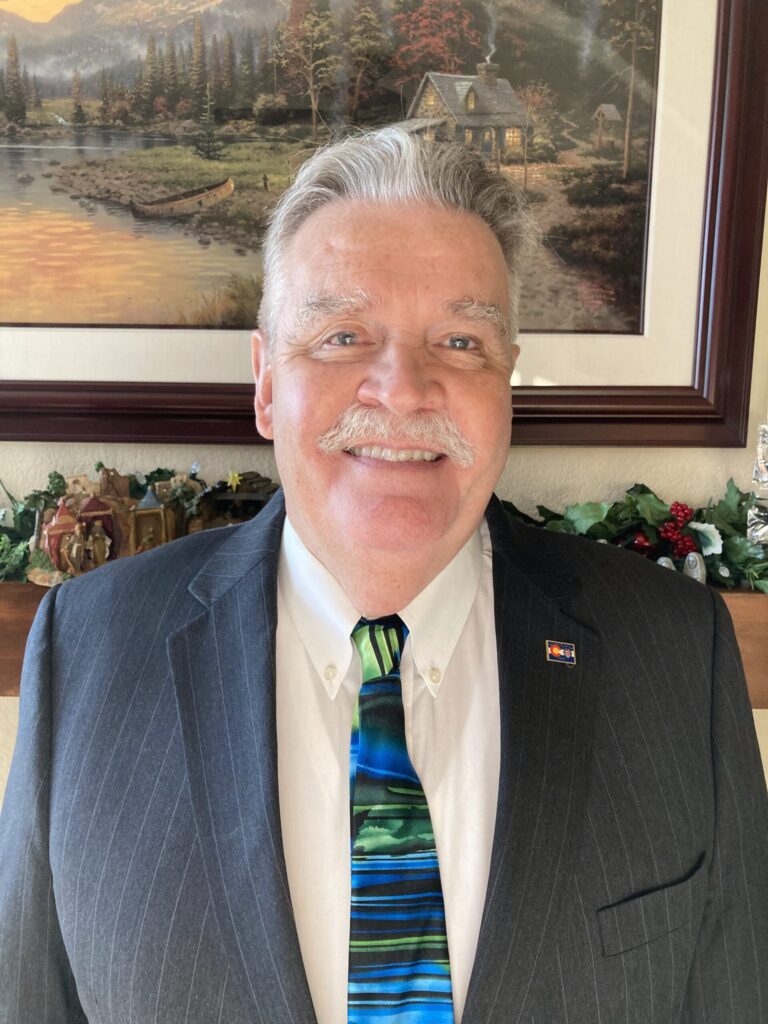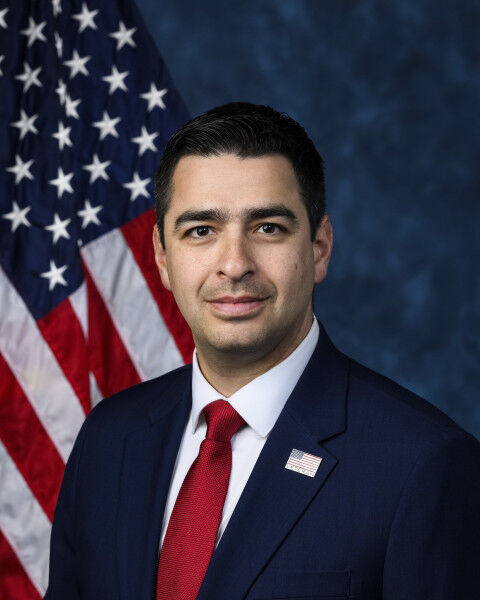SENGENBERGER | Saudi Arabia presents fresh opportunities


This past Sunday, pop star Justin Bieber caught significant desert heat when he performed to a packed crowd in Jiddah, Saudi Arabia. While he ignored calls by human rights activists to cancel the show, Bieber’s decision hit the right note.
The Kingdom of Saudi Arabia undoubtedly has a long way to go in advancing the rights of its people, especially women. Yet Bieber’s critics don’t seem to realize the big changes afoot in the Middle East’s most powerful Arab nation – as well as the growing opportunities for American investment there.
As Billboard points out, only a few years ago such a performance “would have been an unthinkable scene in Saudi Arabia, where ultraconservative norms prevailed. Concerts were banned and unmarried men and women were segregated in public spaces. Saudi Crown Prince Mohammed bin Salman (MBS) is behind the sweeping changes as he works to modernize society, attract foreign investment and create jobs for youth.”
This is no small feat. American pop music presented to a crowded, enthusiastic, mixed-gender crowd of Saudis is emblematic of what’s happening there.
For context, it’s essential to bear in mind the complex reality of the Middle East, which will always be dominated by dictatorial regimes that do not and will not represent American values. Therefore, the relevant, realistic question is: Which countries will generally advance U.S. interests in the region? Saudi Arabia is one; Iran most certainly is not.
In that same vein, Bieber’s gig in no way deflects attention and scrutiny from human rights violations in the Kingdom. Rather, by going through with the show, he encouraged ongoing reforms by introducing Arab audiences to modern, Western experiences they will never forget.
Who in Colorado – home to the awe-inspiring Red Rocks Amphitheatre, which we just learned is the No. 1 most attended music venue globally this year – can deny the raw, unifying and culture-shaking power of music?
In June of 2020, I discussed some of the historic transformations picking up speed in Saudi Arabia when their ambassador, Princess Reema bint Bandar Al Saud, participated in a teleconference panel hosted by the Colorado Business Roundtable (COBRT).
“Princess Reema is the first female envoy from the kingdom to any country,” I wrote. “In that way, she epitomizes the opening up of Saudi society spearheaded in recent years by (MBS) under his ‘Vision 2030’ agenda.”
“The World Bank noted in January that Saudi Arabia has made the greatest gains worldwide for women in the workplace since 2017,” I elaborated. “That includes expansions in women’s mobility, sexual harassment and retirement. Women can access greater educational opportunities, are finally allowed to drive themselves – and without a male in the vehicle – and they are more often permitted higher-level work positions.”
Now in 2021, we can add in unmarried men and women, side-by-side, watching live music performed by a top American popstar.
Alongside the impressive social changes, the Kingdom is embarking on a robust effort to open up its economy to greater opportunity and investment. These business-centered evolutions are significant to the Crown Prince’s Vision 2030.
In late October, a COBRT delegation flew to Saudi Arabia to participate in the Future Investment Initiative. This morning at 10 a.m., the Roundtable is hosting a webinar to debrief on their trip
As COBRT explains in their event registration details, the delegation consisted of board members and business leaders “with the purpose of building relationships that strengthen and improve business and economic opportunities.”
Last month on my 710KNUS radio show, I interviewed COBRT President Debbie Brown and board member Polly Lawrence about their visit as part of the Colorado delegation.
Brown recounted how the trip grew out of the 2020 panel with Amb. Reema. During their October visit, Brown said, the delegation “experience(d) firsthand the transformation that’s going on there.” As part of the trip, they personally met with both MBS and Amb. Reema.
Vision 2030 is a “gameplan” for “how they want to diversify their economy and really set up the Kingdom for the next stage, for how they want to be positioned in the world in terms of economic growth, tourism, minerals,” she explained – and they are diligently executing on it.
Importantly, Lawrence noted the connection between the economic reforms taking place and the expansion of women’s rights in Saudi Arabia.
“I have to go back to something the Crown Prince said. His vision requires the engagement of the entire country,” Lawrence added. “When you have that kind of vision, you can’t leave 50% of the population – being the women – behind. You have to engage with them. And when we met with the Competitiveness Center, there were so many women entrepreneurs… Now they’re opening up and there’s so much excitement.”
Business opportunities for Colorado seem to abound there. “Most of (COBRT’s) business partners have global, if not supply chains, global interests,” Brown explained. “There’s a definite need to kind-of keep our head outside Colorado.”
Without a doubt, Saudi Arabia’s Vision 2030 marks a revolutionary approach to economic development and diversification as well as opening up their markets. As these economic transformations and relationships forge ahead, you can count on social reforms to continue in tandem. Colorado-based international businesses will be wise to plug in as opportunities expand.
Jimmy Sengenberger is host of “The Jimmy Sengenberger Show” Saturdays from 6-9am on News/Talk 710 KNUS. He also hosts “Jimmy at the Crossroads,” a webshow and podcast in partnership with The Washington Examiner.












